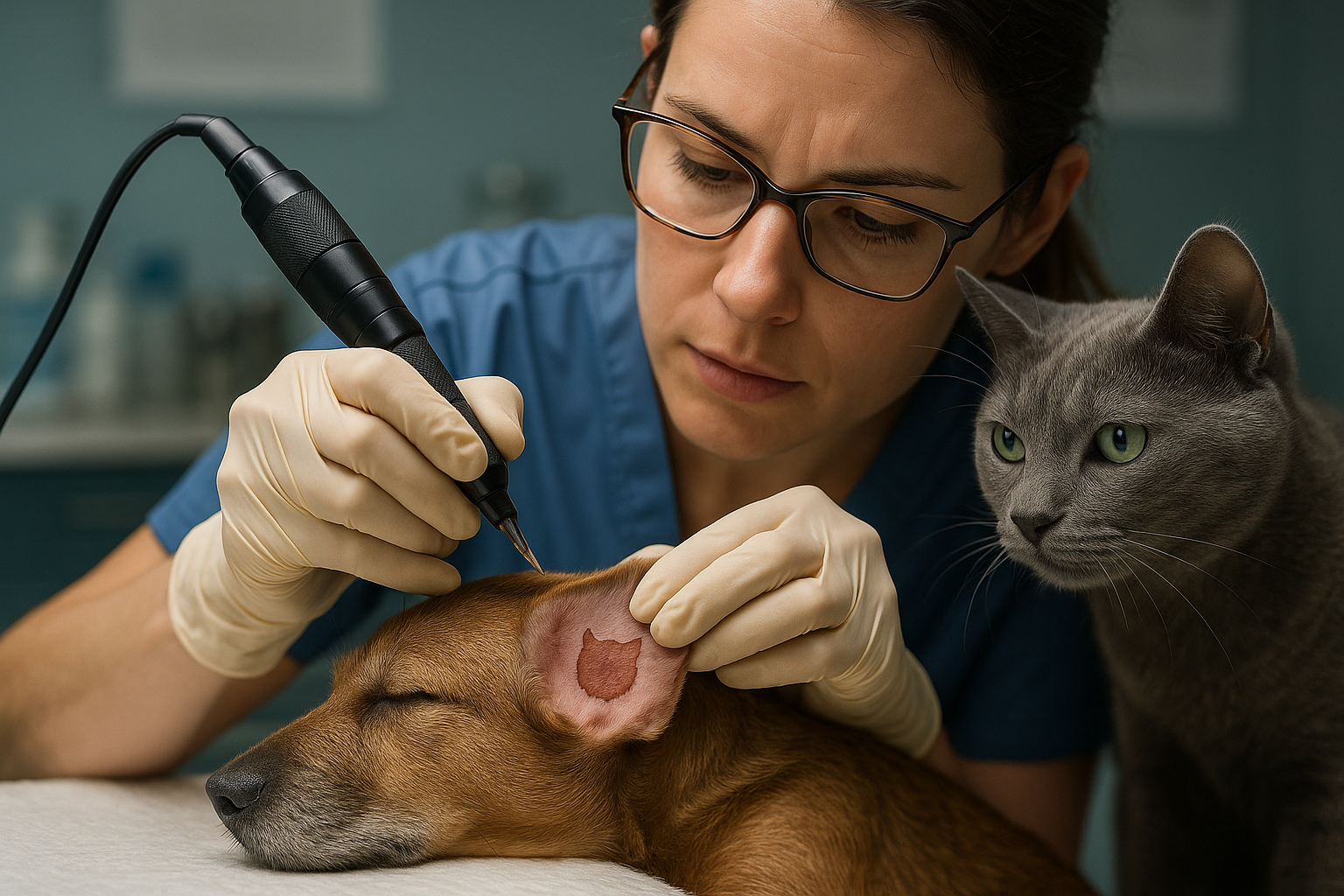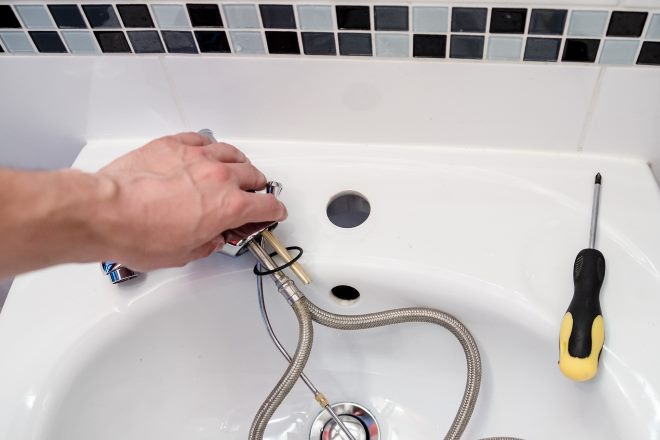Preventive Health Steps Owners Should Schedule Regularly
Regular preventive care keeps pets healthier and helps owners plan for routine needs. This article explains the essential appointments and routines to schedule for nutrition, vaccination, grooming, training, and general healthcare so pets enjoy better long-term wellness and safety.

Preventive care for companion animals focuses on predictable, repeatable actions owners can schedule to maintain health and reduce emergencies. Regular appointments and consistent home routines around nutrition, grooming, behavior support, and medical checks help detect problems early, support socialization, and keep pets safe during travel or adoption transitions. Establishing a calendar with seasonal checks and daily practices makes preventive steps practical and more likely to be followed.
This article is for informational purposes only and should not be considered medical advice. Please consult a qualified healthcare professional for personalized guidance and treatment.
Nutrition: what routine checkups are needed?
A consistent schedule for reviewing diet supports long-term health. Annual or biannual weigh-ins and body-condition assessments with a veterinarian help adjust feeding plans as pets age, change activity levels, or develop health conditions. Discuss dietary needs at adoption and during life-stage changes (puppy/kitten, adult, senior), and schedule follow-up visits whenever you notice appetite changes or weight shifts. Owners should also plan occasional consultations on supplements, food sensitivity testing, and safe travel-timed feeding routines to maintain digestive wellness.
Vaccination: how often should shots be updated?
Vaccination schedules vary by species, age, lifestyle, and local regulations. Core vaccines typically begin in the first months of life with initial series and boosters scheduled by your veterinarian; many adult pets receive boosters annually or every three years depending on the vaccine. Keep records up to date, and schedule reminders for boosters before travel, socialization events, or boarding stays. Discuss non-core vaccinations appropriate for your area and lifestyle, and plan vaccination reviews during routine healthcare visits.
Grooming: when should grooming and preventive treatments be scheduled?
Grooming appointments support skin and coat health while allowing early detection of lumps, parasites, or dental issues. Frequency depends on coat type and activity—some pets need monthly trims while others require basic baths and nail trims every 4–8 weeks. Schedule regular sessions for ear checks, dental cleanings or at-home dental routines, and parasite prevention (flea/tick/heartworm treatments) aligned with seasonal risks. Grooming is also an opportunity to reinforce training and socialization, making visits less stressful for pets over time.
Behavior: when to consult for behavior concerns?
Behavioral health is preventive when addressed early. Owners should schedule evaluations when new issues appear—excessive fear, sudden aggression, inappropriate elimination, or anxiety around travel or visitors. Early consultations with a behaviorist or veterinarian can identify medical contributors and recommend training or enrichment plans. Regularly scheduled behavior check-ins during life transitions such as adoption, household changes, or introduction of another pet can reduce long-term problems and support safer socialization and travel experiences.
Training: what ongoing training sessions help wellness?
Ongoing training supports safety, enrichment, and mental health. Basic obedience refreshers and socialization classes are valuable throughout a pet’s life, especially after adoption or during behavioral shifts. Schedule training that focuses on recall, leash manners, crate familiarity for travel, and gentle desensitization to grooming or veterinary procedures. Training strengthens the human-animal bond and reduces stress during healthcare visits, making medical care more effective and predictable.
Healthcare: what regular medical checks should owners plan?
Routine veterinary exams are the cornerstone of preventive healthcare. Annual or semiannual wellness checks should include physical exams, dental assessments, parasite screening, and age-appropriate laboratory testing to monitor organ function and detect disease early. For seniors, more frequent monitoring is often recommended. Keep a schedule for microchip checks, medication refills, and pre-travel health certificates when needed. Coordinate care with local services such as clinics and shelters when adopting or boarding to ensure continuity of records and vaccination status.
Regular preventive steps also cover enrichment, safety, and preparedness. Plan enrichment activities at home to reduce boredom-related behavior issues; schedule socialization opportunities that are supervised and appropriate for your pet’s temperament; and prepare travel-safe arrangements with carriers, health certificates, and up-to-date vaccine records. During adoption, request a clear health history and schedule a post-adoption checkup.
Conclusion Scheduling preventive health steps creates a predictable framework for pet care that supports long-term wellness, safety, and quality of life. By integrating nutrition reviews, vaccination maintenance, grooming, behavior and training sessions, and routine healthcare visits into a practical calendar, owners can reduce emergency needs and promote positive socialization and travel experiences for their animals.






